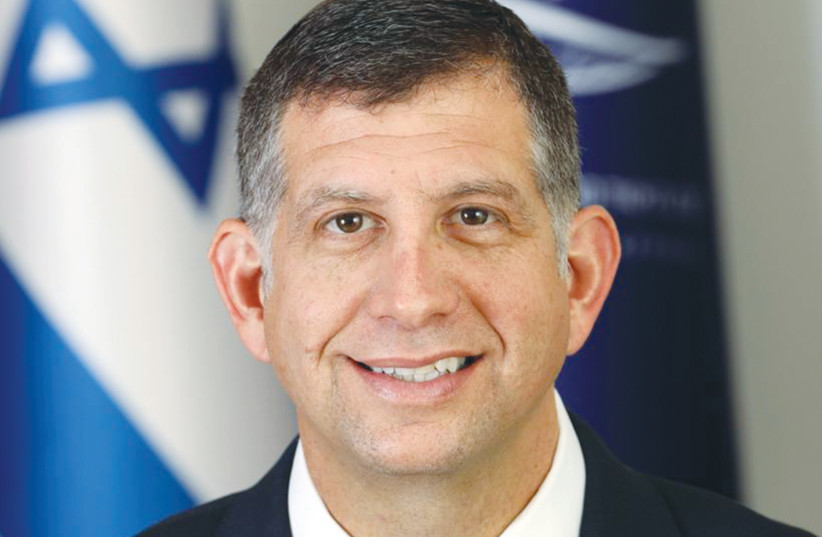The memory of the Holocaust must lead us to deep deliberations about the responsibility of leaders and the quality and values of society as a whole. We need to view it as a global mission – to preserve and connect Jewish heritage and history, to perpetuate one of the most important statements the Jewish people has ever known – “Never Again.”
To symbolize the significance of the Holocaust for Jews of the entire world, the UN General Assembly has designated January 27 as the date for the international commemoration of Holocaust victims. This date was chosen because it is the day that the Red Army entered Auschwitz, the camp that symbolized – more than any other – the attempt at the total annihilation of the Jewish people.
It was an industry of death, which was the result of a hateful ideology and racism. This day gathers us all – Jews living in Israel and those living around the world, under one common umbrella – that of responsibility for the memory of our Jewish heritage.
Perhaps most of all, this day symbolizes what many Holocaust researchers have termed the “globalization of Holocaust remembrance.” Over the years, the Holocaust has become – especially in Europe and the Western world – a global memory and an integral part of Jewish identity. In almost every major city in the world today, there are museums for the commemoration of the Holocaust and institutions dedicated to the commemoration of the Holocaust.
In most cases, collective memory represents a shared memory of ethnic, national or religious groups. The Holocaust, however, is an event that is stored in the collective memory of humanity and is also present in countries that were not associated with it.

On the other hand, the danger of Holocaust denial, and antisemitism as a widespread phenomenon, threatens the human pain of the Holocaust and challenges the need to continue to establish the memory of the Holocaust as an exception in the international landscape, in the face of any other sacred memory. As such, it constitutes an ethical mission for Jews and non-Jews alike.
The Holocaust evokes a sense of pain among my generation, a pain that we heard with our own ears from Holocaust survivors, since it was a significant part of our education in values and morals. As time goes on, there are fewer and fewer Holocaust survivors, and the responsibility for preserving the memory rests on the shoulders of us all – governments, the public and individuals.
BECAUSE THE younger generation was raised by the second and third generations since the Holocaust, and they did not experience the survivors as a primary source, one of the most common and urgent questions asked by educators and researchers engaged in Holocaust education is: What will the teaching and commemoration of the Holocaust look like in the not-too-distant future, when the survivors will no longer live among us?
What will Holocaust Remembrance Day ceremonies look like? How will “Roots” trips to Poland and preparation for such trips be conducted? Most importantly, how we will succeed in transmitting the importance and relevance of Holocaust remembrance to future generations? We must reinvent the wheel as a society, ensure its relevance for all times and at any age, and preserve the values that these events have caused us to develop as a society.
The State of Israel, especially in the past year, since the beginning of the war between Russia and Ukraine, has been a safe haven for Jews around the world. The citizens of Ukraine needed a connection to the Jewish world in order to immigrate to Israel. They were not required to hide their identity and even saw the sense of Jewish pride as an integral part of themselves.
In the midst of a war that has harmed many civilians, the State of Israel, Keren Hayesod and its partners did not stand idly by, but created alternatives for Ukrainian Jews, from raising funds for active rescue activities from war zones to a significant amount of immigrant and absorption that has not been seen in many years.
This sense of pride and enthusiasm generates optimism and strengthens our mission as entities that touch the entire Jewish world. We must continue to perpetuate the history of the Jewish people and our connection to the Jews of the world and ensure that all of us remember and not forget.
The writer is the world chairman of the United Israel Appeal and Israel’s former consul-general in Los Angeles to the Southwest United States.
